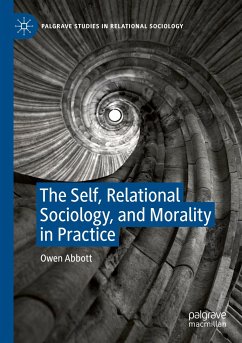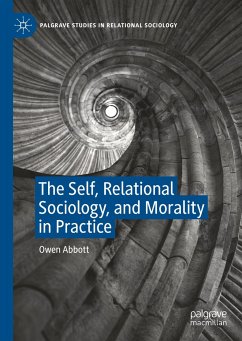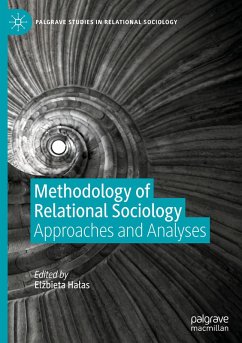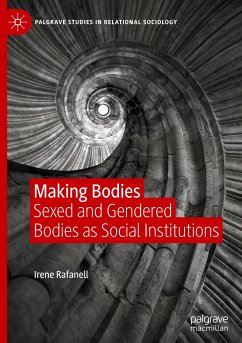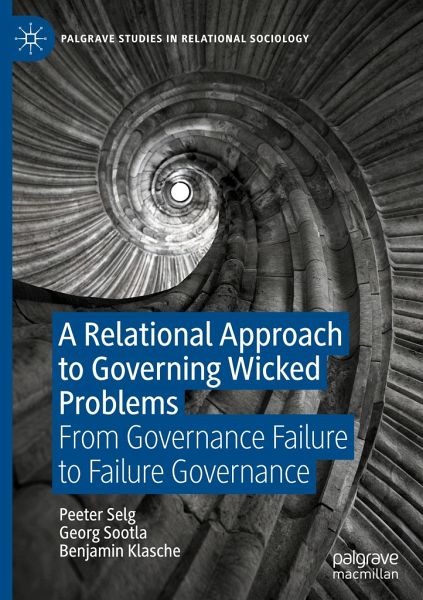
A Relational Approach to Governing Wicked Problems
From Governance Failure to Failure Governance
Versandkostenfrei!
Versandfertig in 6-10 Tagen
98,99 €
inkl. MwSt.
Weitere Ausgaben:

PAYBACK Punkte
49 °P sammeln!
The book initiates a relational turn in policy making and governance by developing further relational political analysis and by taking relational thinking to bear on not just analytic/descriptive issues, but also to normative/prescriptive issues. The need for such a turn, this book argues, comes from the ever-increasing relevance of addressing the so-called wicked problems of governance like climate change, COVID-19 kinds of pandemics, global economic recessions and refugee crises. The book argues for a need to rethink governance as a process from the relational point of view to spur its poten...
The book initiates a relational turn in policy making and governance by developing further relational political analysis and by taking relational thinking to bear on not just analytic/descriptive issues, but also to normative/prescriptive issues. The need for such a turn, this book argues, comes from the ever-increasing relevance of addressing the so-called wicked problems of governance like climate change, COVID-19 kinds of pandemics, global economic recessions and refugee crises. The book argues for a need to rethink governance as a process from the relational point of view to spur its potential for addressing these problems. What needs to be rethought is not so much the specific tools or resources of governance, but the very issue of whether governance should be seen in terms of tools and resources in the first place. This book contributes to this discussion by consolidating the relational approaches to governance thus far and by taking them to a next - normative/prescriptive-level.






